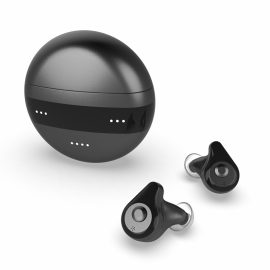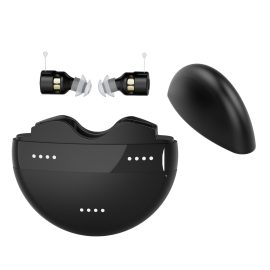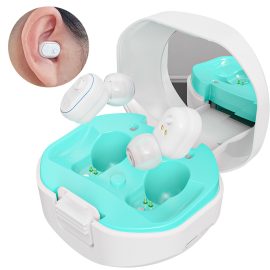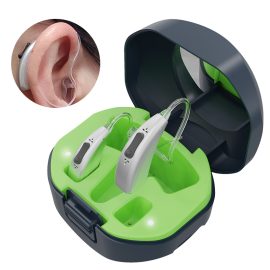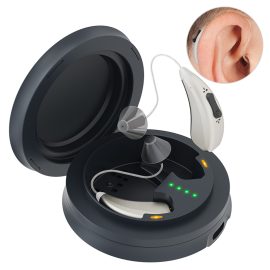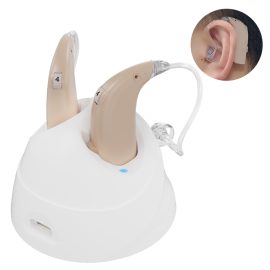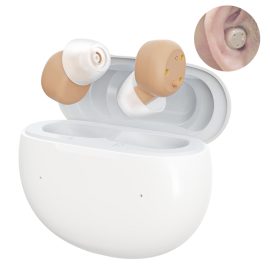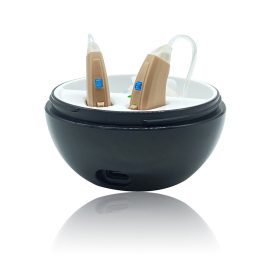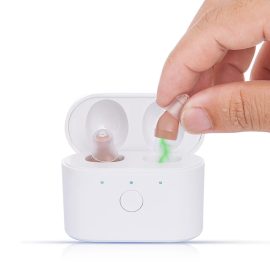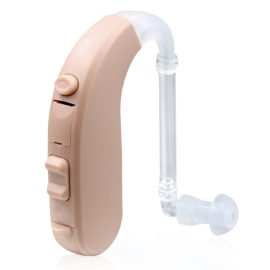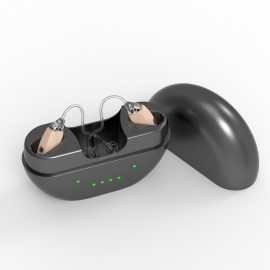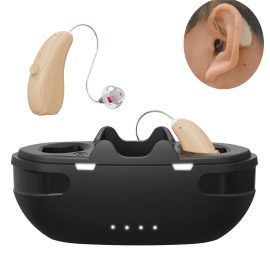Digital Hearing Aids
A digital hearing aid is an advanced hearing device that uses digital signal processing technology to amplify and process sounds. Unlike traditional analog hearing aids, digital hearing aids convert incoming sound waves into digital signals, allowing for more precise and customizable amplification. The advantages of digital hearing aids include:
1. Sound Quality: Digital processing enables more accurate and precise amplification of sounds, resulting in improved sound quality and clarity.
2. Customization: Digital hearing aids can be programmed and adjusted to meet the specific hearing needs of the individual. This customization allows for a more personalized and effective hearing solution.
3. Feedback Reduction: Digital hearing aids often incorporate feedback cancellation technology, reducing or eliminating the annoying whistling or feedback sounds that can occur with analog devices.
4. Noise Reduction: Many digital hearing aids feature noise reduction algorithms that help minimize background noise, making it easier for users to focus on and understand speech in noisy environments.
5. Directional Microphones: Digital hearing aids can have directional microphones that focus on sounds coming from a specific direction, improving speech understanding in noisy situations.
6. Multiple Programs: Digital hearing aids can have multiple program settings that users can switch between based on their environment. For example, there may be settings for quiet environments, noisy places, or listening to music.
7. Automatic Adaptation: Some digital hearing aids have the ability to automatically adjust settings based on the listening environment, providing a seamless and adaptive hearing experience.
8. Tinnitus Management: Certain digital hearing aids come with built-in tinnitus masking features, providing relief for individuals experiencing tinnitus (ringing or buzzing in the ears).
9. Connectivity: Many digital hearing aids offer wireless connectivity features, allowing users to connect to smartphones, TVs, and other audio devices for a more integrated and convenient listening experience.
10. Data Logging and Learning: Digital hearing aids can log data about the user’s listening preferences and adjustments, enabling audiologists to fine-tune the device based on real-world usage patterns.
While digital hearing aids offer numerous advantages, it’s essential to consult with an audiologist to determine the most suitable device based on individual hearing needs, preferences, and lifestyle. Professional guidance ensures proper fitting, programming, and ongoing support for optimal hearing aid performance.

